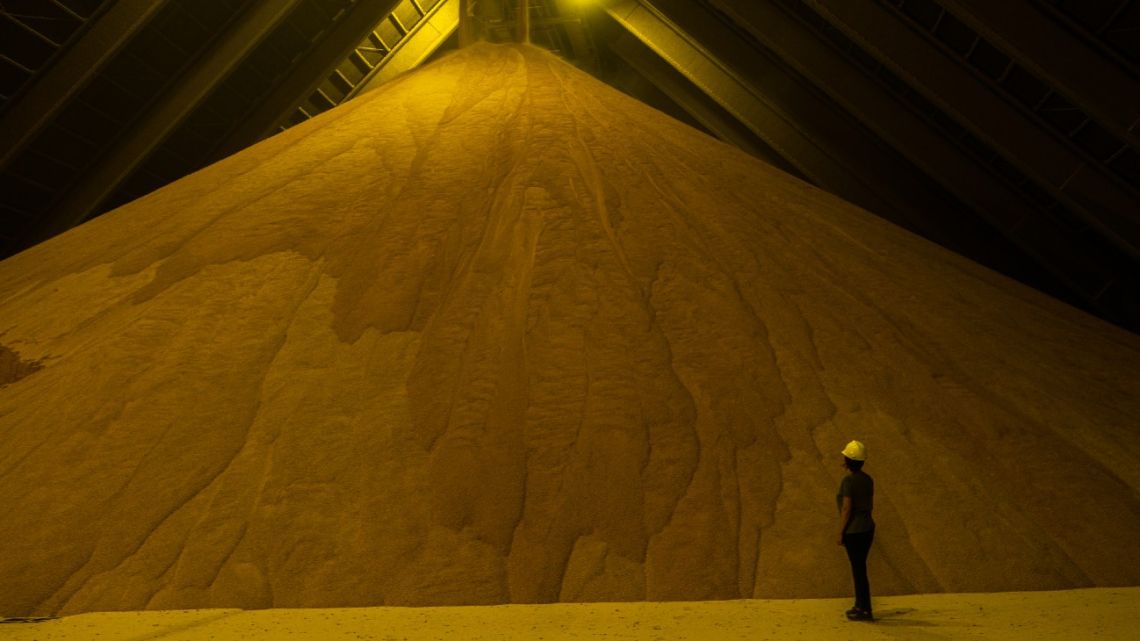In a bold move towards sustainable transportation, BMW Mexico has unveiled plans to commence high-voltage battery production for electric vehicles at their San Luis Potosí plant by 2025.
This initiative positions BMW as the first lithium battery manufacturer in Mexico, with electric vehicle assembly slated to begin in 2027.
Harald Gottsche, President and CEO of the BMW Group at the San Luis Potosí Plant, recently visited the construction site of the future battery module production center.
He emphasized the company’s readiness to tackle upcoming challenges in producing electric vehicles with lower energy consumption and faster charging times.
The German automaker is investing $800 million to expand its San Luis Potosí plant. This expansion includes the installation of a high-voltage battery factory for electric vehicles.
 First Lithium Battery Factory in Mexico: BMW’s Bold Move. (Photo Internet reproduction)
First Lithium Battery Factory in Mexico: BMW’s Bold Move. (Photo Internet reproduction)BMW expects to start pre-series battery production by the end of 2025. During the BMW Group Responsibility Days Mexico event, Gottsche highlighted the flexibility this in-house battery production will provide.
BMW’s Expansion Plans in Mexico
The company already sources 85% of its components from local suppliers, with only engines and transmissions imported from Europe.
Gottsche explained that there are no immediate plans to establish a factory for these two parts due to ample supply from Europe.
He outlined the company’s timeline, stating that battery production will begin next year, followed by electric car production in 2027.
The CEO further elaborated on the scale of this project, revealing plans to construct an 80,000 square meter facility dedicated to battery manufacturing.
This expansion will also involve modifications to the chassis and assembly areas to accommodate electric vehicle production.
In addition, BMW Group has set ambitious CO2 reduction targets for 2030. The company aims to reduce carbon emissions from production and facilities by 80% per vehicle.
This positions the San Luis Potosí plant as a sustainable and technologically advanced facility. Currently, BMW’s Mexican plant exports to 80 markets worldwide, producing 28 units per hour across two shifts.
Gottsche emphasized the significant role of Mexican suppliers in their supply chain. Many of these suppliers are based in the Bajío region and the San Luis Potosí area.
This move by BMW represents a significant step towards localizing electric vehicle production in Mexico. It demonstrates the company’s commitment to sustainability and its confidence in the Mexican automotive industry’s capabilities.

 By The Rio Times | Created at 2024-10-30 11:03:04 | Updated at 2024-10-30 13:25:18
2 hours ago
By The Rio Times | Created at 2024-10-30 11:03:04 | Updated at 2024-10-30 13:25:18
2 hours ago



